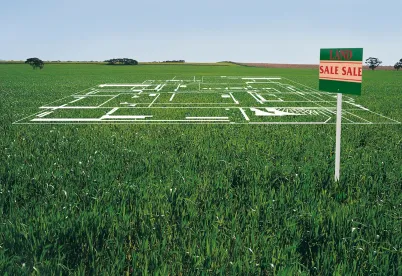The Massachusetts Supreme Judicial Court (the court of last resort in the Commonwealth) issued a decision in a land use case today of potential concern for environmental practitioners. It raises the question whether a settlement by a regulated entity and the regulator protects the settling party from further claims by neighbor against the settling party or against the regulator on the same subject.
Stevens v. ZBA of Bourne, No. 19-P-248 (Mass. June 19, 2020), involved an estate used for weddings. Neighbors complained, the Building Inspector issued an order calling for the use to cease, and ultimately brought an enforcement action in the Land Court. The landowner settled that enforcement action, and the Building Inspector revised the cease and desist order to conform to the settlement. A neighbor then appealed that revised cease and desist order to the Zoning Appeal Board, which reinstated the original cease and desist order.
With some caveats about procedure and parties, the SJC held that the neighbor had properly appealed the post-settlement cease and desist order and that the ZBA had properly vacated it and reinstated the original, more stringent, order.
Land use enforcement is not the same as environmental enforcement, either procedurally or substantively. Public notice and rights of intervention under environmental statutes may bar this sort of after-the-fact attack on an enforcement settlement in the environmental context. But it serves as a reminder of risk.



 />i
/>i

